- Home
- slideshows
- miscellaneous
- Private-equity buyouts, economic downturn, and e-commerce: How the 2010s became the defining decade of the retail apocalypse
Private-equity buyouts, economic downturn, and e-commerce: How the 2010s became the defining decade of the retail apocalypse
The financial crisis set the stage for what would become a grueling decade for retail.

The country worked to rebuild in the subsequent years. Unemployment rates slowly decreased and consumer confidence improved over time.
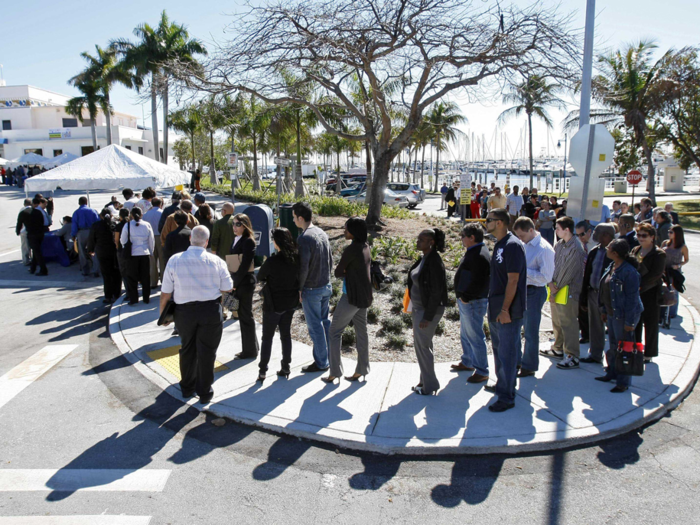
However, many retailers struggled to get back on their feet. As a result, a group of private-equity firms began buying out major companies and transitioning them away from publicly traded entities.
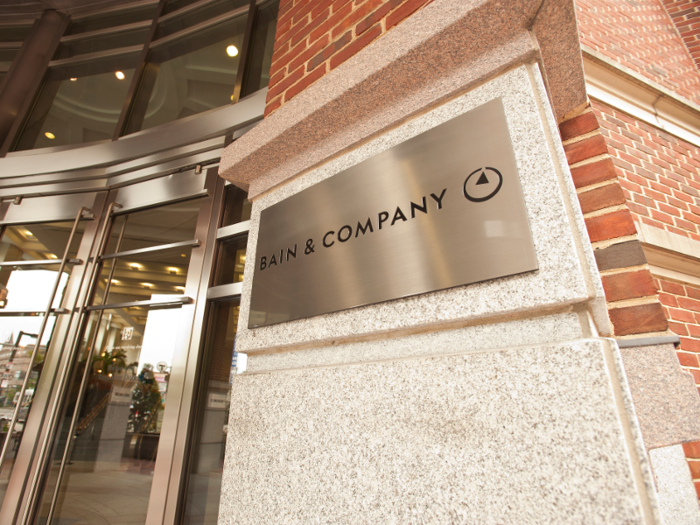
According to Retail Dive, the top acquirers include Sycamore, Leonard Green, Feeman Spogli, Golden Gate Capital, Sun Capital, Bain Capital, Ares, Apax Partners, and Apollo.
The private-equity companies took control of a wide array of brands including department stores like Belk and Neiman Marcus, as well as mall brands like Hot Topic and PacSun.
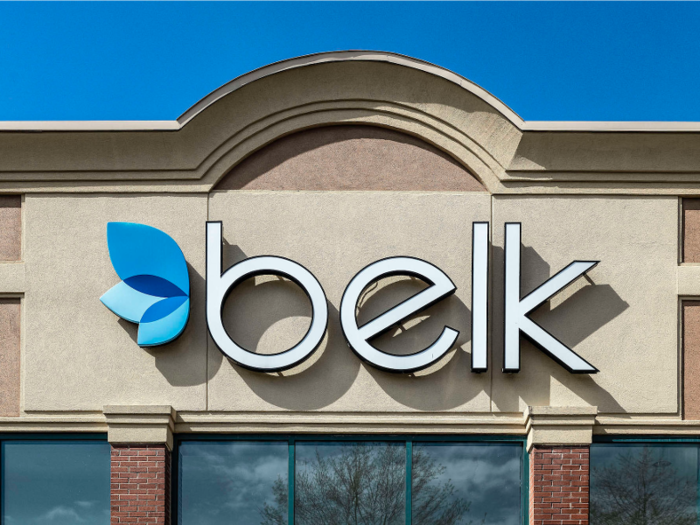
In some cases, these buyouts saddled retailers with an immense amount of debt that they were incapable of paying off.
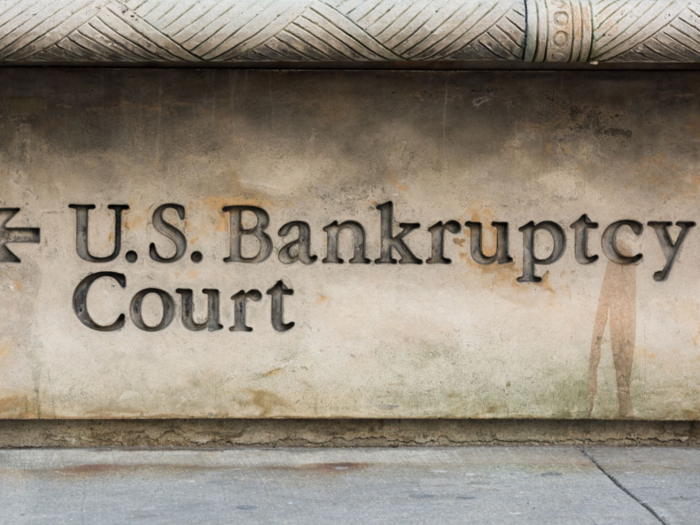
Billions of dollars of this debt started to come due in the past couple of years and will continue doing so moving in to the early 2020s, contributing to the deluge of bankruptcies and closures.
Other bankruptcies that occurred at the hands of private-equity-owned firms include David's Bridal, Sports Authority, and Payless Shoe Source, to name a few.
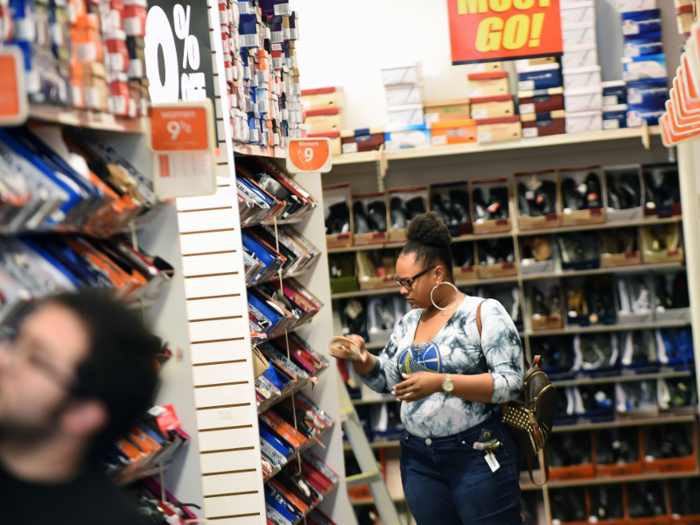
"This is a death spiral," John M. Clapp, a professor at the University of Connecticut's Center for Real Estate, told Business Insider's Hayley Peterson in 2017. "Once a department store goes vacant that tends to be contagious because all those middle-mall stores — the nail salons and the jewelry stores — they are all depending on the traffic coming from the bigger retail stores."
The collapse of Toys R Us, which officially closed its doors in June 2018, became emblematic of the private-equity problem.
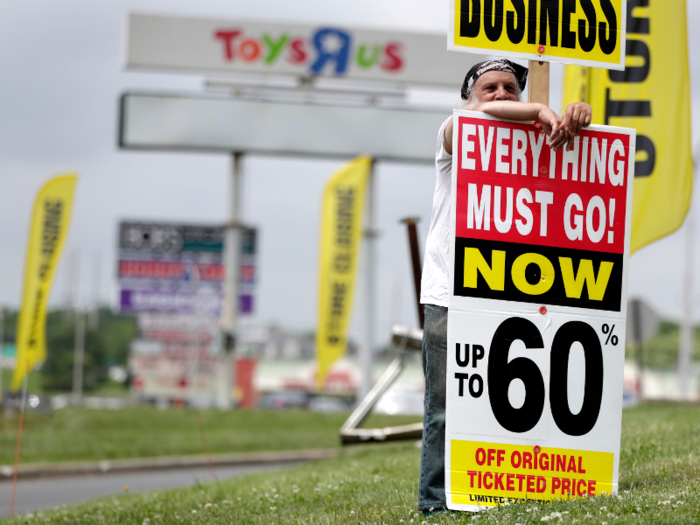
Though Toys R Us was once the biggest toy seller in the US, the proliferation of smaller chains, as well as increased competition from major retailers like Walmart and Target, began to hinder the brand.
However, its hope for a turnaround — in the form of a joint $6.6 billion leveraged buyout by Bain Capital, Kohlberg Kravis Roberts, and Vornado Realty Trust —quickly went south.
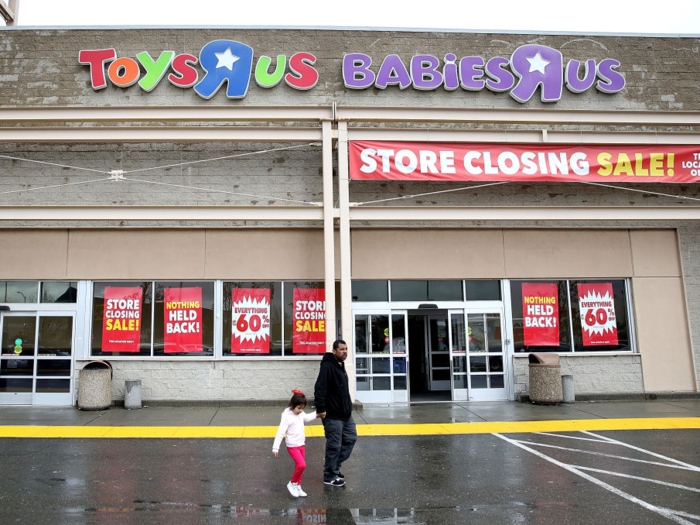
The deal left Toys R Us with more than $5 billion in debt, which the company failed to chip away at over the next 10 years, leading to its eventual collapse.
Meanwhile, as the decade progressed, e-commerce exploded in popularity. Suddenly shoppers were eschewing physical stores altogether to make purchases online.
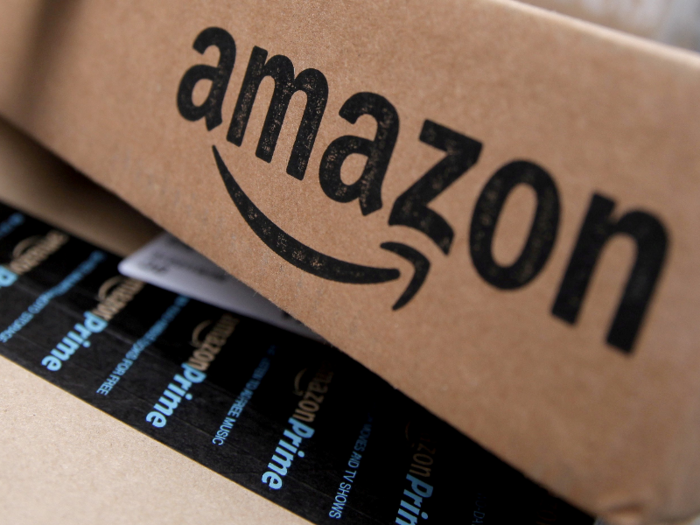
Companies like Amazon and Walmart served as catalysts to the e-commerce boom.
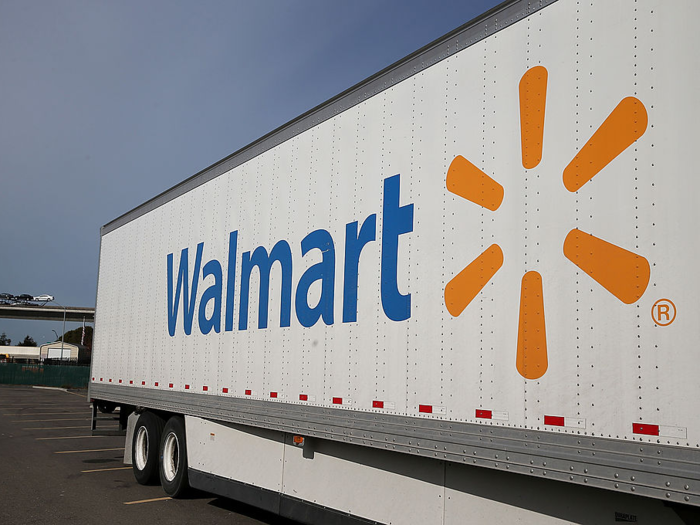
As e-commerce's star rose, so too did a new type of retail company: direct-to-consumer brands.

Buzzy companies like Casper, Glossier, and Away cut out middlemen and nixed the need for traditional brick-and-mortar spaces, all while cultivating mass followings on social media.
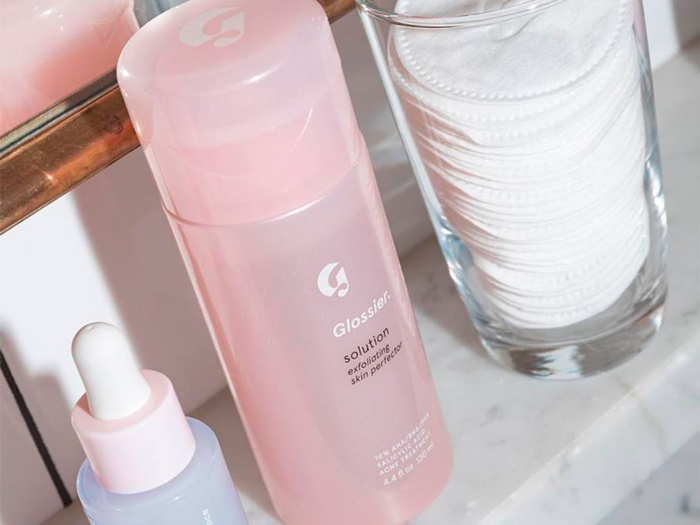
In turn, department stores and malls had lost even more of their already waning appeal, as companies struggled to find unique value propositions to bring shoppers in ...
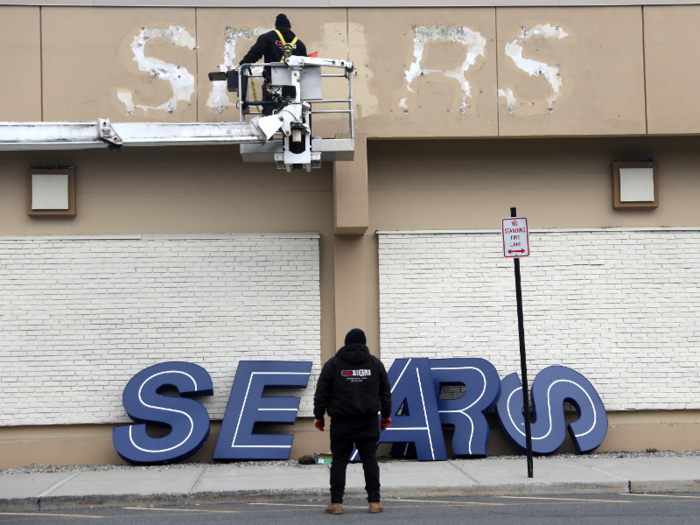
... and so even more stores closed up shop.
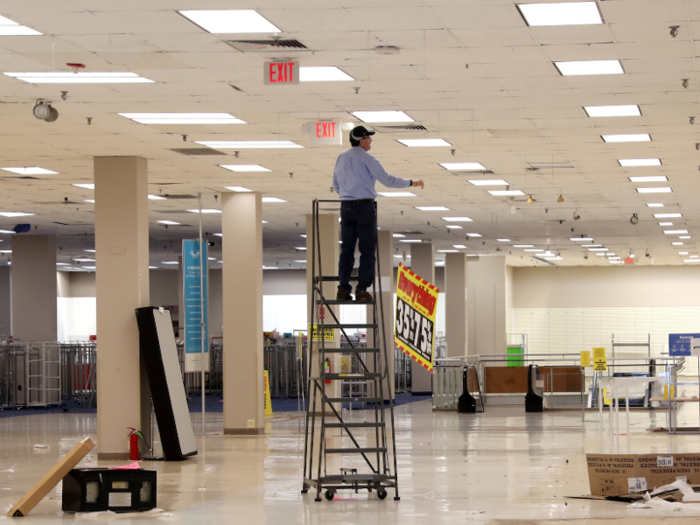
The constant onslaught of closures and bankruptcies has slashed more than 1.3 million retail workers' jobs in the past decade.
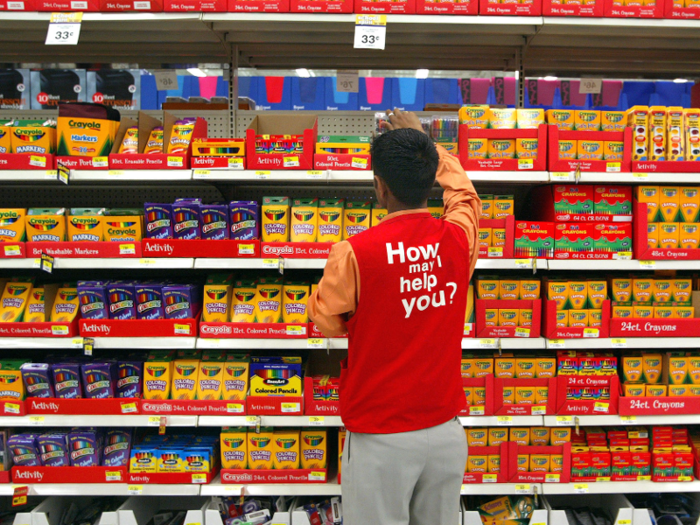
According to a report published in July by the nonprofit group United for Respect, 597,000 of the 1.3 million people who lost retail jobs in the past 10 years hailed from private-equity-owned companies including brands like Sears and Toys R Us.
The report also found that an additional 728,000 workers experienced indirect job loss due to cuts.
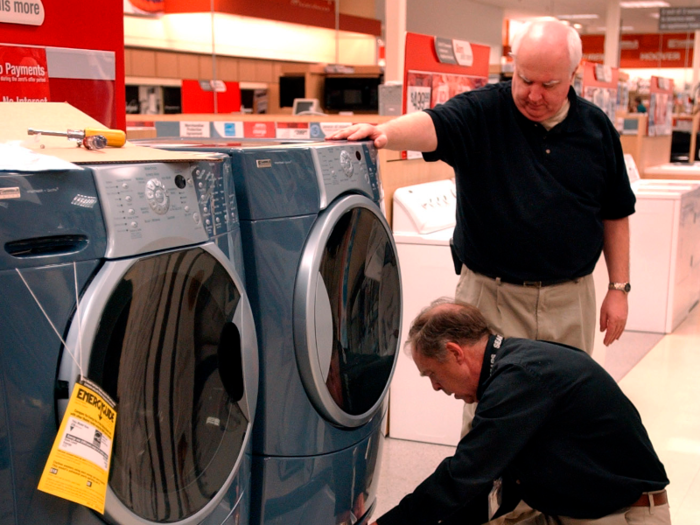
More than 9,300 total stores are expected to close by the end of 2019.
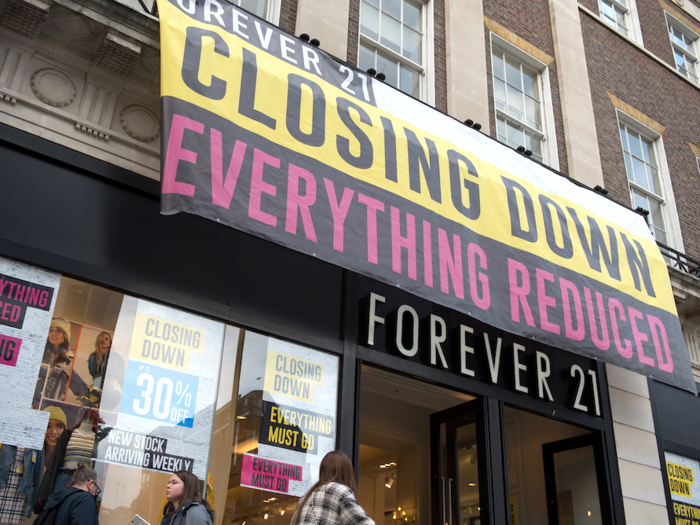
Meanwhile, around the country, former malls and shuttered storefronts remain untouched like apocalyptic shells.
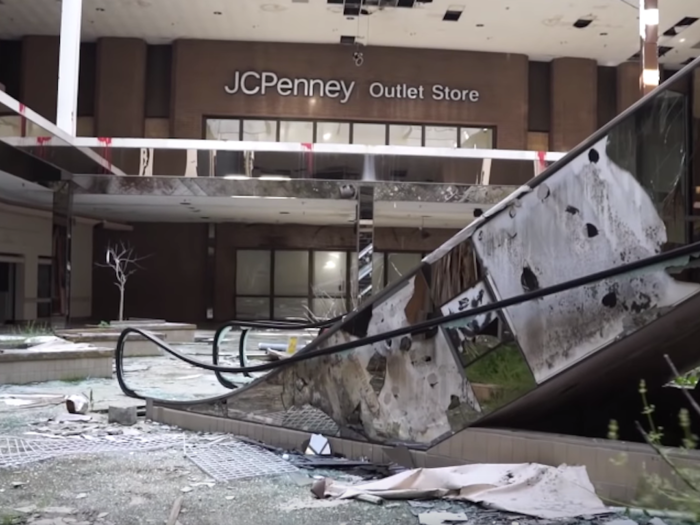
According to a report from Credit Suisse from 2017, upwards of 25% of malls are expected to shutter between 2017 and 2022.
Some of these spaces are finding new life in offbeat and bleak ways, like a former Toys R Us store that was transformed into a haunted house in New York.
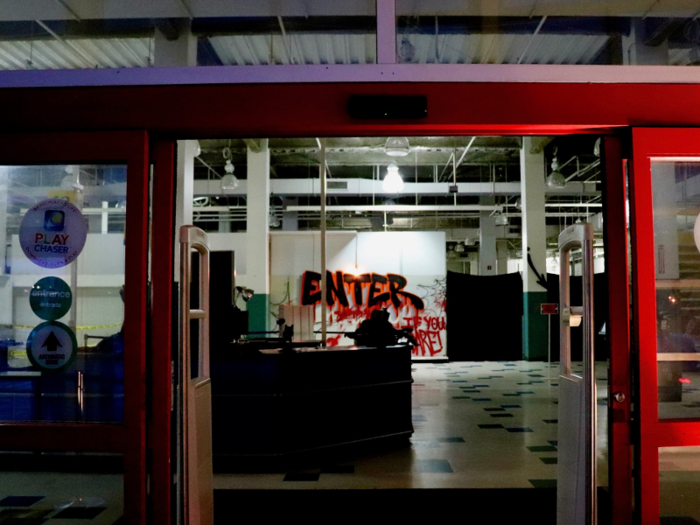
In an effort to bolster sales and bring shoppers back into stores, retailers have started experimenting with new styles of retail, including pop-up shops and concept stores.
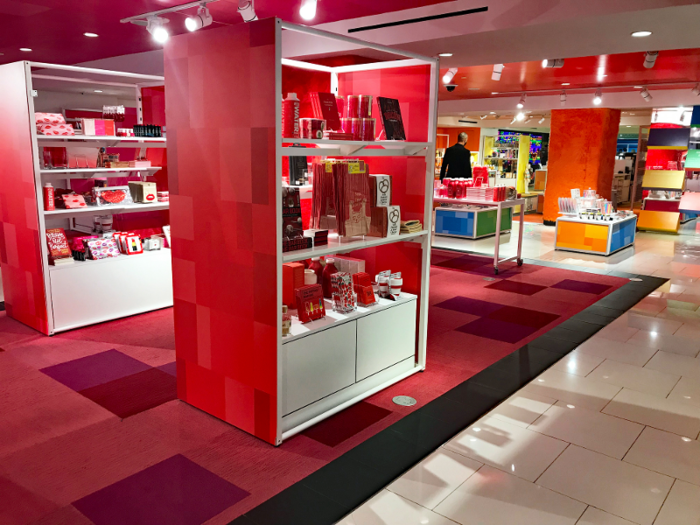
Meanwhile, brands like JCPenney and Macy's are testing partnerships with trendy companies like the e-commerce resale brand ThredUp.
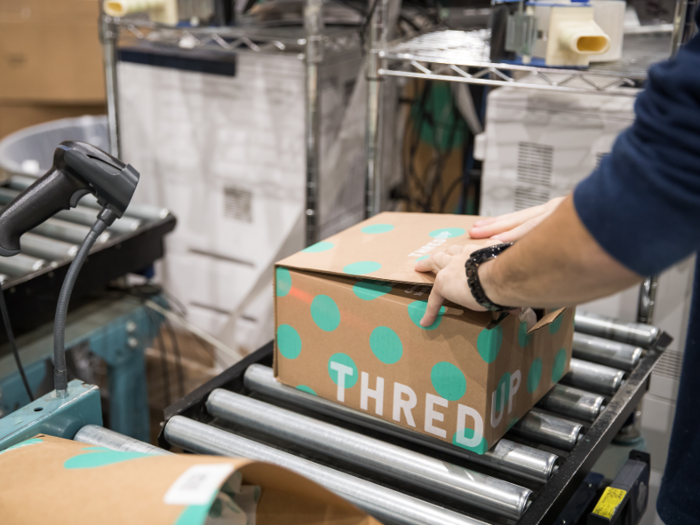
Only time will tell if these efforts will pay off. In the meantime, the future of retail as we head into 2020 remains as murky as ever.
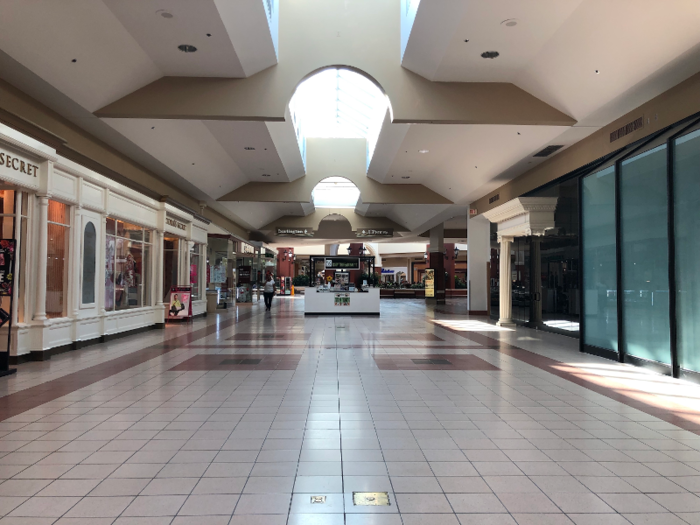
Popular Right Now
Popular Keywords
Advertisement